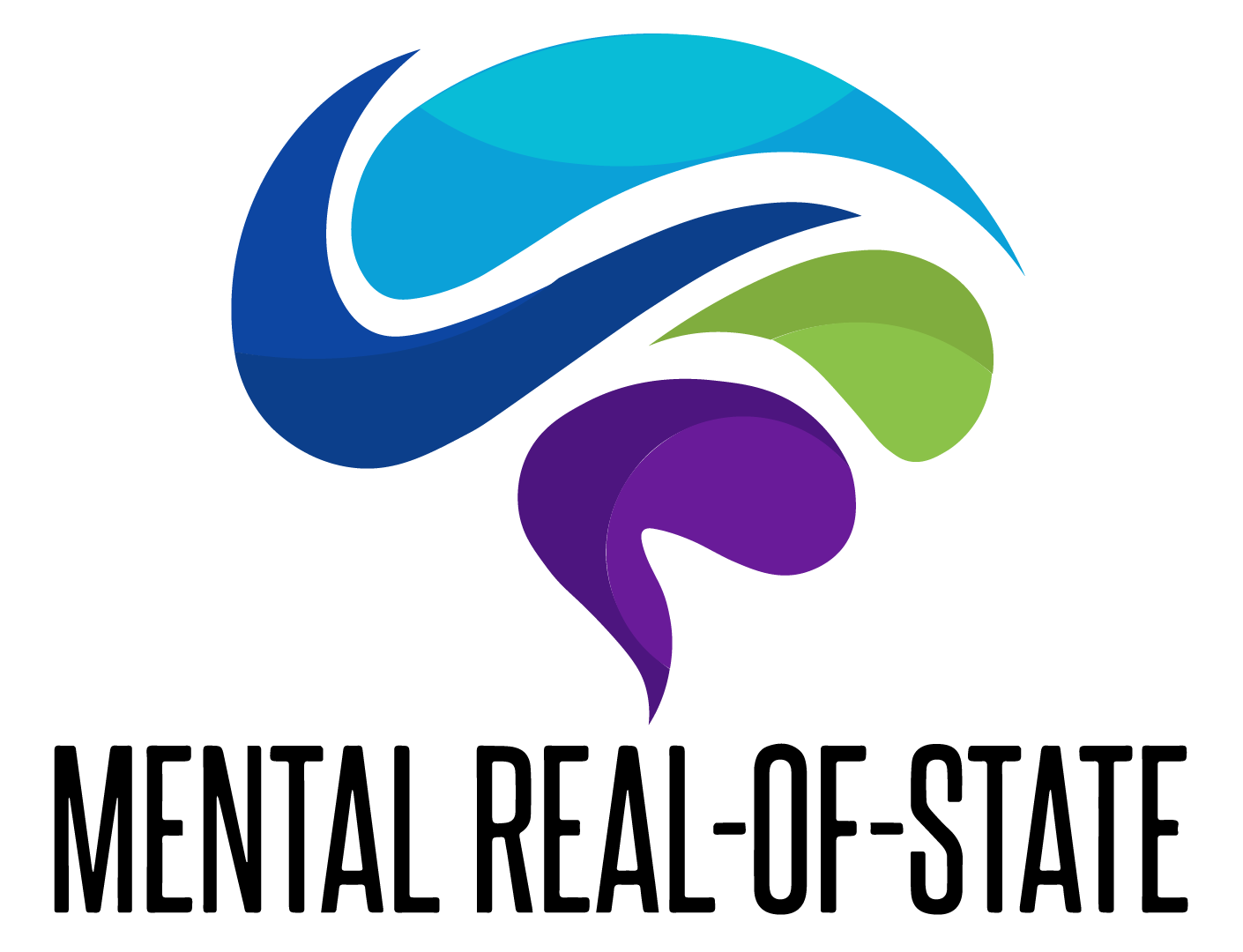In an increasingly digital world, the value of genuine social connections often gets overlooked. Yet, these connections are fundamental to our mental health and overall well-being. Social interactions not only provide emotional support but also contribute to a sense of belonging and purpose. Understanding the importance of social connections in mental health can help us foster healthier relationships and lead more fulfilling lives.
The Science Behind Social Connections
Human beings are inherently social creatures. Our brains are wired to seek out and maintain social bonds. When we connect with others, our brains release oxytocin, a hormone that promotes feelings of trust, bonding, and happiness. This chemical response is why social interactions often leave us feeling uplifted and content.
Studies have shown that individuals with strong social connections have lower rates of anxiety and depression, higher self-esteem, and a greater ability to cope with stress. On the contrary, social isolation is linked to an increased risk of mental health issues, including loneliness, anxiety, and even cognitive decline.
The Benefits of Strong Social Connections
- Emotional Support: Social connections provide a network of emotional support, offering comfort during times of distress and joy during times of celebration. This support is crucial for mental resilience and overall well-being.
- Reduced Stress Levels: Engaging with friends and family can lower stress levels. Sharing experiences and talking through problems with trusted individuals helps put things into perspective and reduces the burden of stress.
- Increased Longevity: Strong social connections are associated with a longer lifespan. Studies have found that individuals with meaningful relationships are more likely to lead healthier lives, reducing the risk of chronic diseases.
- Enhanced Mental Health: Social interactions are a protective factor against mental health disorders. They provide a sense of belonging and purpose, which are vital for maintaining good mental health.
- Better Coping Mechanisms: Social connections offer a platform to share coping strategies and solutions to life’s challenges. Friends and family can provide advice, encouragement, and different perspectives that help navigate difficult situations.
- Improved Cognitive Function: Regular social interaction stimulates cognitive functions, keeping the brain active and engaged. This is particularly important as we age, as social activity can help prevent cognitive decline.
How to Foster Social Connections
- Make Time for Relationships: Prioritize spending time with friends and family. Regularly check in on loved ones, whether through a phone call, video chat, or in-person visit. Consistency in communication strengthens bonds.
- Join Community Groups: Engage in community activities or join groups that share your interests. Whether it’s a book club, sports team, or volunteer organization, participating in group activities fosters new connections.
- Practice Active Listening: When interacting with others, practice active listening. Show genuine interest in their thoughts and feelings. This approach deepens relationships and shows others that you value them.
- Be Open to New Relationships: Don’t be afraid to form new friendships. Be open to meeting new people, whether at work, in social settings, or online communities. New relationships can bring fresh perspectives and enrich your social network.
- Support Others: Be there for others during their difficult times. Offering support strengthens your bond and creates a reciprocal relationship where both parties feel valued and appreciated.
- Engage in Shared Activities: Shared activities, such as exercising, cooking, or attending events together, strengthen social connections by creating shared experiences and memories.
Conclusion: Social Connections as the Backbone of Mental Health
Strong social connections are essential for maintaining good mental health. They provide emotional support, reduce stress, and contribute to a sense of purpose and belonging. In a world that often prioritizes individual success, it’s important to remember that our relationships with others are what truly sustain us. By fostering and maintaining meaningful connections, we can improve our mental well-being and lead more fulfilling lives.

